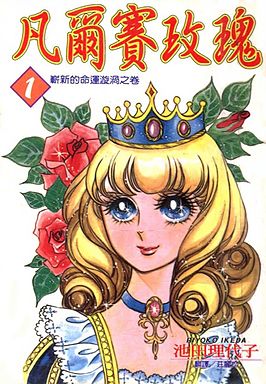
The humble brag needs little explanation, but it was interesting to hear the host of the GooAye podcast use a Chinese term that means something similar the other day when talking about him and a bunch of other renowned Taiwanese podcasters becoming fathers recently. Basically, he said that people have been recommending him thought pieces on how to be a parent, and some of them are a little fucked up.
我覺得很多那種……推給我的文章,我看看,我覺得是生病了。因為像是,可能家長當時自己書沒有念好吧。還有什麼,家長有念好,但是沒有念到頂,所以他就有點希望投射在自己的小朋友身上,就是我做不到的事情小朋友要幫我達成。就很有病這樣。然後還有一些甚至是那種很凡爾賽的文章。「凡爾賽」是中國用語,所以支語警察不要來抓我。我只是覺得這種用詞還蠻精準的。這是講說有些人不經意地去炫富–不經意地,但是這個不經意地決對是故意的–不經意地去講自己的優勢、自己家人的優勢。這個東西叫做一個凡爾賽的文體。那舉例來說「喔!我是叫我老公不要買東西給我。很煩喔!他又買一台maserati給我。」
Among the pieces people have recommended, I looked at a lot of them and they were pretty messed up. Like maybe the parent hadn’t studied properly when they were young, or, in some cases, the parent had done well in their studies, but never really pursued them to any conclusion. So it’s like they want to project themselves onto their children so that their children can help them accomplish what they never could. It’s fucked up like that. Then some of them are even “humblebrag” pieces. This word for “humblebrag” is used mainly in China, so don’t come after me word police. I just think it’s a pretty accurate expression. It refers to people who accidentally–and of course this “accidentally” is totally on purpose–let slip their own strengths and the strengths of their family members. This is called the “Versailles” genre of writing. So, for example: “Ugh! I told my husband not to buy me anything else. He’s so annoying! He only went and bought me a new maserati!”
After a bit of a search on Chinese social media, I realized that it can mean humblebragging, or satire of humblebraggers. As well as the obvious reference to the subtlety of the Palace of Versailles, the phrase (like a lot of popular Chinese slang) originated in Japanese manga. The Rose of Versailles / ベルサイユのばら / 凡爾賽玫瑰 (玉女英豪 in Taiwan) was originally serialized in 1972-1973, but was revamped from 2013-2018. There have also been an anime series and a film.

